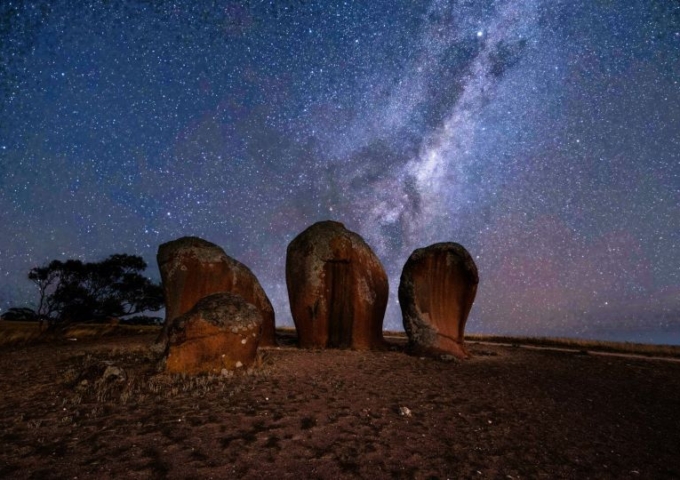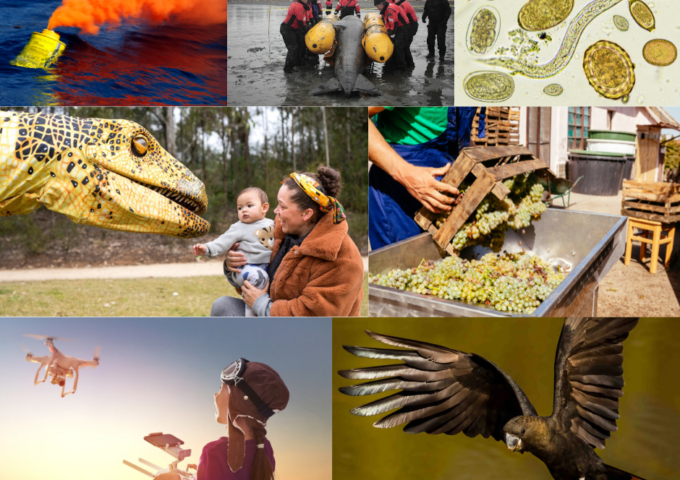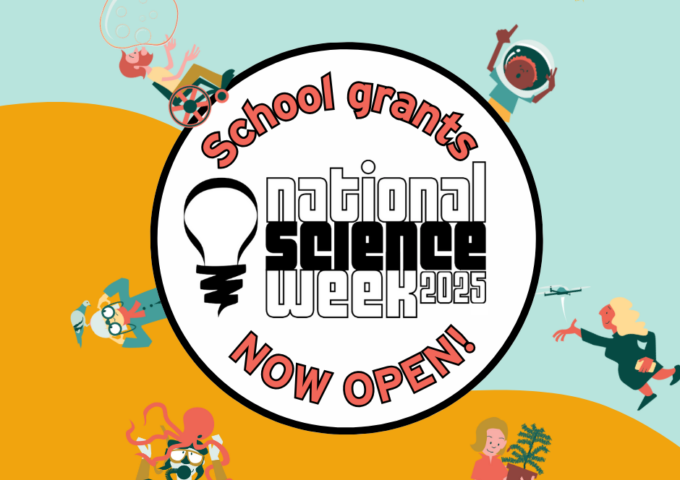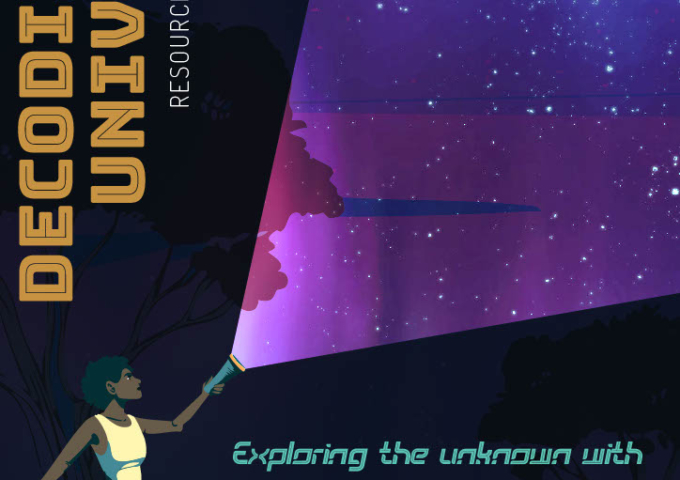
For National Science Week 2024, the ABC is exploring the dark night sky and the impact of light pollution on science, creatures and culture.
Humans have gazed at the night sky for aeons. Constellations have been woven into myths and legends. The movements of the objects in the night sky provided many of the first scientific clues about the Universe. And it provides an undeniable source of awe.
But many of us don’t see the same night sky that our ancestors did, with the Milky Way no longer visible to an estimated third of humanity.
The good news: Light pollution is reversible, and we don’t need to go back to the dark ages – it’s about using appropriate types and levels of lighting.
Here’s how you can get involved:
Learn and contribute to research (from July 31): Find out about light pollution and how it’s changing our view of the sky. Use an interactive to explore solutions to light pollution, and contribute to an ANU survey on the quality of the night sky where you live.
Vote in our poll on ‘the most amazing thing you’ve seen in the night sky?’ (from August 5): To celebrate National Science Week we want to hear from you about what’s filled you with awe and wonder.
Listen and stargaze with ABC RN’s Night Sky LIVE (Thursday August 15, 8-9pm AEST, live on RN and ABC Listen). Share the night sky with listeners around Australia as Natasha Mitchell (BIG IDEAS Presenter) hosts an hour of live radio from the rooftop of ABC Melbourne, featuring astronomers and star gazers from across the country.
Live Blog on ABC News (Friday August 16 from 10:30am AEST): Featuring astronomers, audience questions and the reveal of the Top 10 most amazing things Australians have seen in the night sky, we’ll bring Science Week to an stellar close.
Read, watch, listen and scroll: Across ABC News, RN and ABC Local and socials there will be loads of fascinating interviews and stories on our beautiful night skies and the impacts of light pollution.






